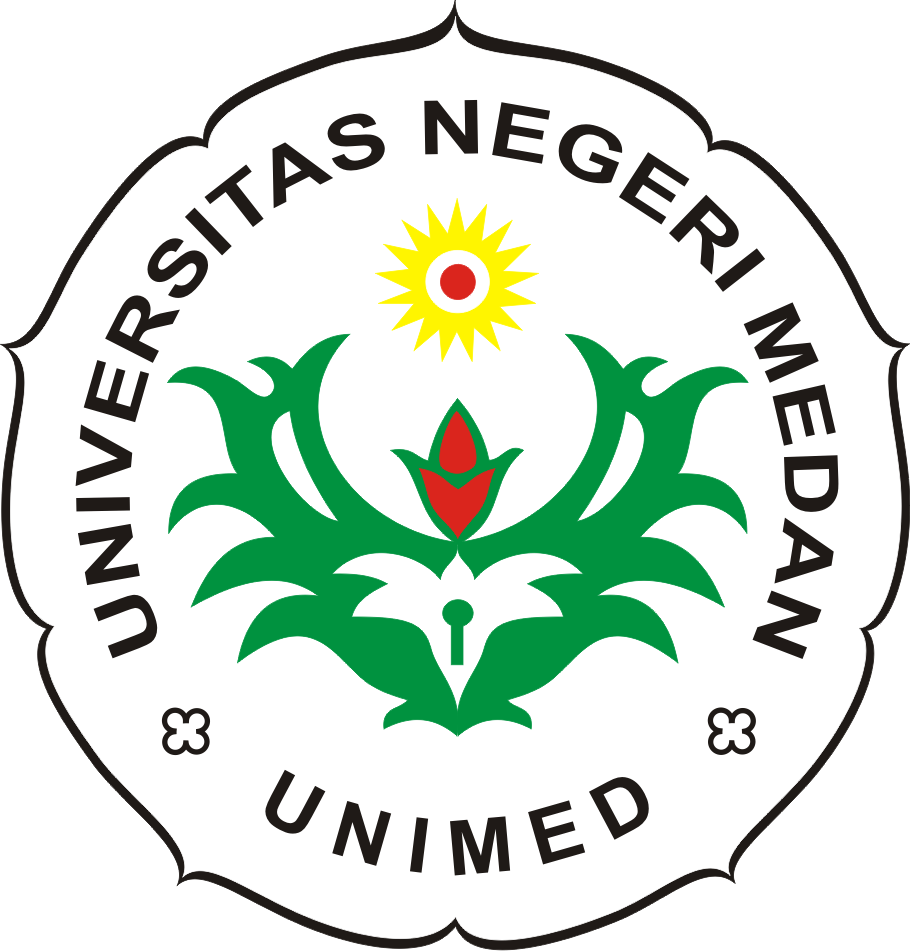THE EFFECT OF USING RECIPROCAL TEACHING METHOD ON STUDENTS™ ACHIEVEMENT IN READING COMPREHENSION
DOI:
https://doi.org/10.24114/reg.v4i2.2107Abstract
This study deals with the effect of Reciprocal Teaching Method on Students™ Achievement on Reading Comprehension on narrative text. The population of the study was the 2015/2016 academic year second semester grade XI students of SMA Negri 1 Paranginan Humbang Hasundutan. The samples were two classes, namely XI IPA 1 and XI IPA 2, with the total was 60 students selected by applying random sampling. The sample was divided into two groups. Experimental group (XI IPA 1) was taught by applying Reciprocal Teaching Method while the control group (XI IPA 2) was taught without applyingReciprocal Teaching Method. The data of this research were taken from the students™ score of reading narrative text test. The calculation showed that the coefficient of the test was 0.64, it showed that the test was reliable and the reliability was substantial. There were two data used in this research. They were pre-test and post-test. The data were analyzed by using t-test formula to show the effect of applying Reciprocal Teaching Method on students™ achievement in reading narrative text. After analyzing the data, the finding indicates that t-observed was higher than t-table (4,00 > 2.00) at the level of significance 0.05 with the degree of freedom (df) 58. It means that applying Reciprocal Teaching Method has significantly affected on the students™ achievement in reading narrative text. It implies that Reciprocal Teaching Method is a significant technique for teaching reading narrative text.Downloads
Published
Issue
Section
License
Authors who publish with this journal agree with the following terms:
- Authors retain copyright and grant the journal right of first publication with the work simultaneously licensed under a Creative Commons Attribution License that allows others to share the work with an acknowledgment of the work's authorship and initial publication in this journal.
- Authors are able to enter into separate, additional contractual arrangements for the non-exclusive distribution of the journal's published version of the work (e.g., post it to an institutional repository or publish it in a book), with an acknowledgement of its initial publication in this journal.
- Authors are permitted and encouraged to post their work online (e.g., in institutional repositories or on their website) prior to and during the submission process, as it can lead to productive exchanges, as well as earlier and greater citation of published work (See The Effect of Open Access).
- This work is licensed under a Creative Commons Attribution-ShareAlike 4.0 International License.






